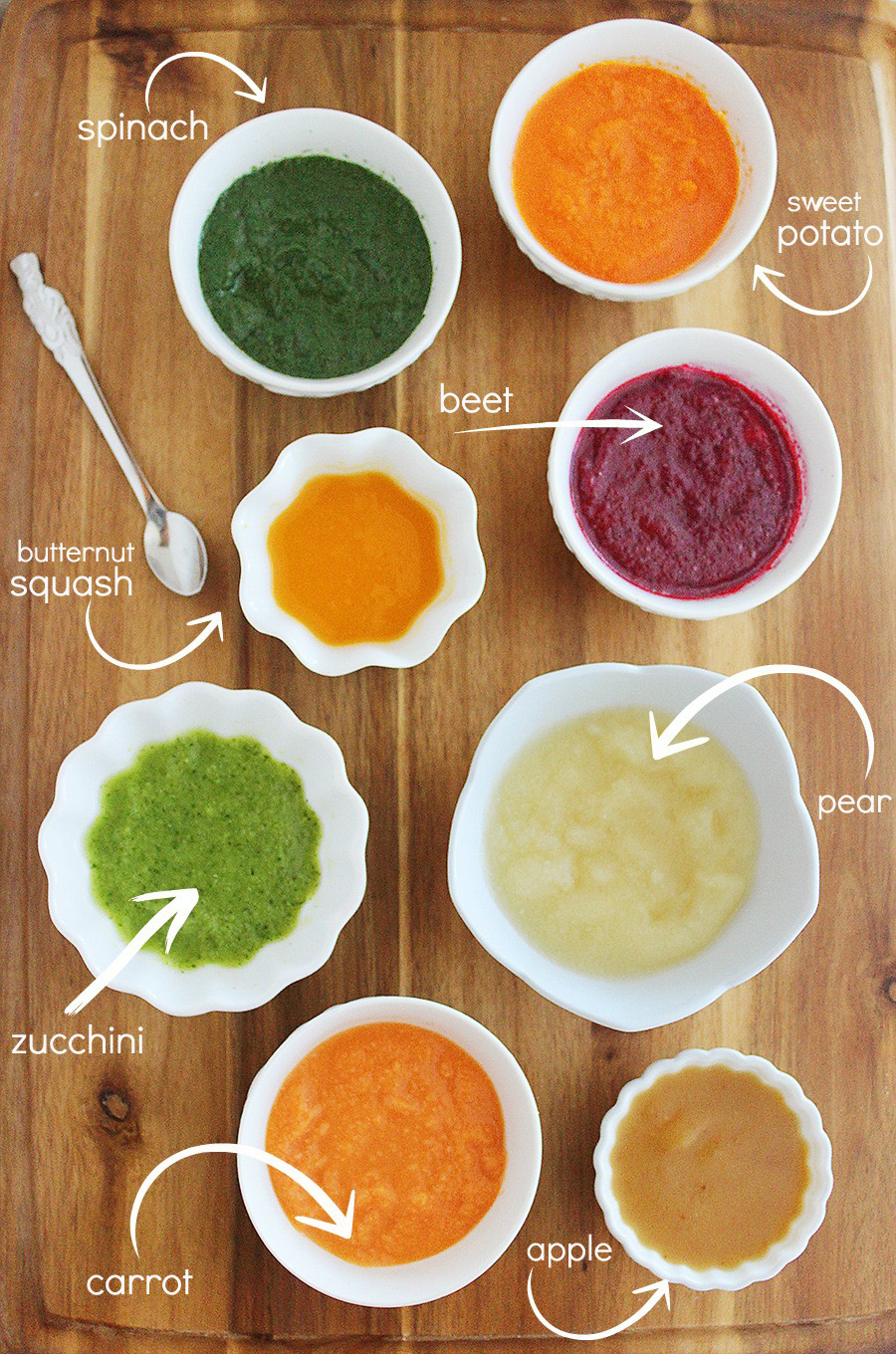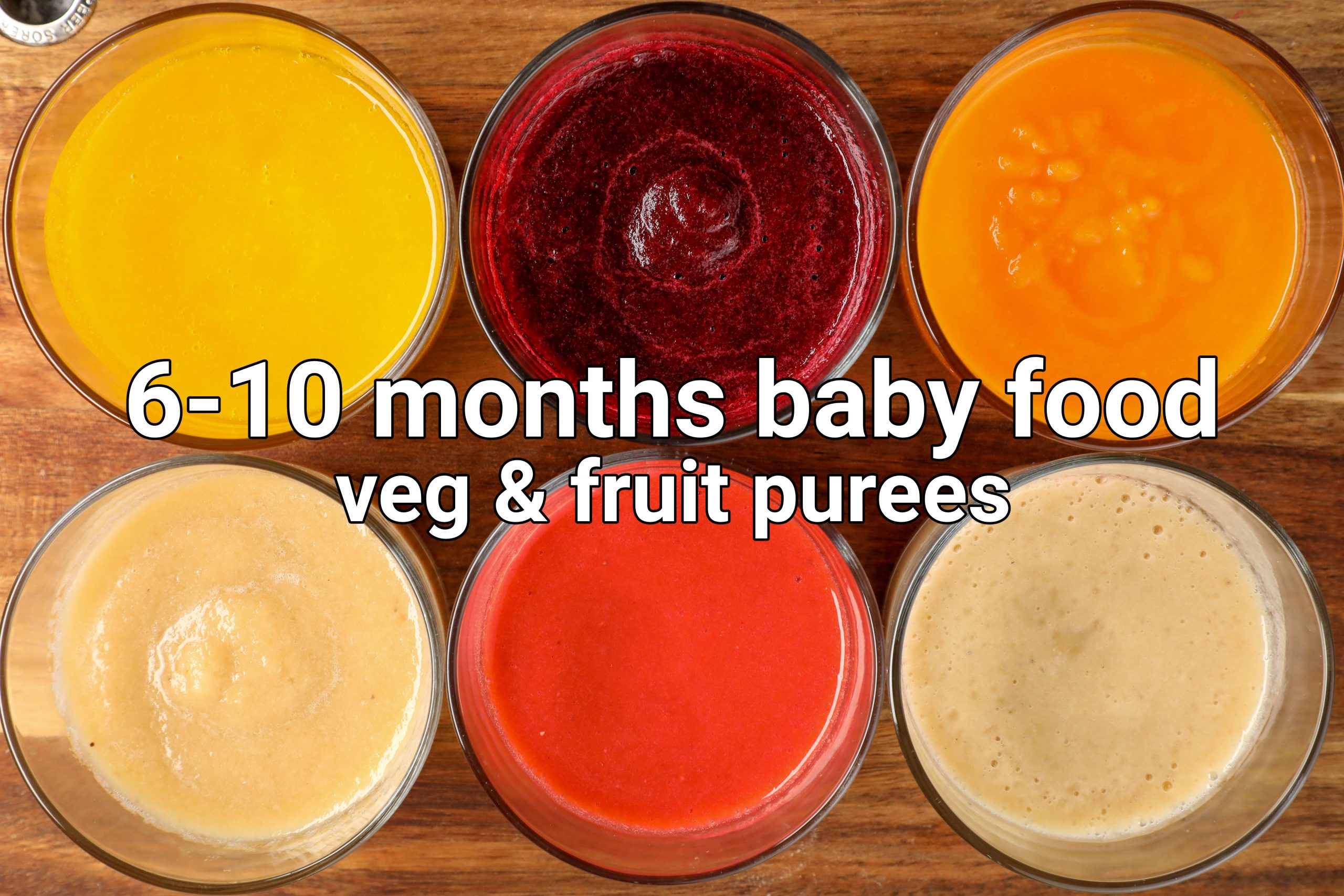How To Make Homemade Baby Food For Toddlers: A Comprehensive Guide

Embarking on the journey of making homemade baby food for your toddler is akin to planting a garden. Just as you nurture each seed to grow into a vibrant plant, you're nurturing your little one with wholesome, nutritious meals. Let's dive into the world of homemade baby food recipes for toddlers, where every spoonful is a step towards a healthier, happier future.
Why Choose Homemade Baby Food?
Making your own baby food isn't just a trend; it's a conscious choice towards better toddler nutrition. By selecting your own baby food ingredients, you're in control of what goes into your toddler's tummy. No preservatives, no hidden sugars—just pure, wholesome goodness. Plus, it's more economical and eco-friendly. Win-win!
Getting Started: Essential Tools and Tips
Before we dive into homemade baby food recipes for toddlers, let's equip ourselves with the right tools. You'll need a blender or food processor for creating smooth baby food puree, ice cube trays for freezing portions, and airtight containers for storage.
Toddler Feeding Tips
- Start Simple: Introduce one ingredient at a time to identify any allergies.
- Texture Matters: Gradually move from smooth purees to chunkier textures as your toddler grows.
- Variety is Key: Offer a range of colors and flavors to encourage a diverse palate.
Homemade Baby Food Recipes for Toddlers
Sweet Potato Puree
Sweet potatoes are a powerhouse of toddler nutrition, packed with vitamins A and C. To make a sweet potato puree, simply bake or steam the sweet potatoes until tender, then blend until smooth. Add a touch of breastmilk or formula for a creamier consistency.
Apple and Pear Puree
Apples and pears are gentle on tiny tummies and full of fiber. Peel, core, and dice the fruits, then steam until soft. Blend until smooth, adding a splash of water if needed. This baby food puree is a hit with toddlers!
Chicken and Vegetable Mash
For a heartier homemade baby meal, try a chicken and vegetable mash. Cook chicken breast until tender, then blend with steamed carrots, peas, and potatoes. This meal is a great way to introduce proteins and a variety of vegetables.

Storing and Freezing Homemade Baby Food
Once you've prepared your homemade baby food recipes for toddlers, it's time to store them properly. Freeze portions in ice cube trays, then transfer to airtight containers. This method makes it easy to thaw just the right amount for each meal.
Transitioning to Table Food
As your toddler grows, they'll be ready to transition from purees to more textured foods. This is an exciting milestone! Introduce soft, cooked vegetables, fruits, and proteins cut into small, manageable pieces. Remember, every toddler is unique, so follow their pace.
Toddler Feeding Tips for Transitioning
- Let Them Explore: Allow your toddler to touch and play with their food. It's a sensory experience!
- Patience is Key: Don't rush the process. Let your toddler take their time.
- Model Good Eating: Show your toddler how to eat by example. They learn by watching you.
Conclusion: Nurturing Your Little One with Love
Making homemade baby food for toddlers is more than just preparing meals; it's an act of love. By choosing wholesome baby food ingredients and crafting nutritious homemade baby meals, you're setting a foundation for a lifetime of healthy eating habits. So, grab your apron and let's get cooking! Your little one will thank you for every delicious, nourishing bite.

FAQs
How long can I store homemade baby food in the freezer? Homemade baby food can be stored in the freezer for up to 3 months. Always label and date your containers for safety.
What are some good first foods for toddlers? Some excellent first foods include sweet potatoes, avocados, bananas, and apples. These are gentle on the digestive system and packed with essential nutrients.
How do I know if my toddler is ready for table food? Look for signs like your toddler showing interest in your food, being able to sit upright, and having good head control. Consult your pediatrician for personalized advice.
Can I add spices to my toddler's food? Yes, you can introduce mild spices like cinnamon, nutmeg, and a pinch of garlic or onion powder. Avoid salt and strong spices until your toddler is older.
What should I do if my toddler refuses a new food? Don't worry; it's normal for toddlers to be wary of new foods. Keep offering the food in different forms and settings. It can take up to 15 tries for a toddler to accept a new food.
For more insights on toddler nutrition, visit the American Academy of Pediatrics and the World Health Organization. These resources provide valuable information to support your journey in nurturing your little one.
0 Response to "How To Make Homemade Baby Food For Toddlers: A Comprehensive Guide"
Post a Comment